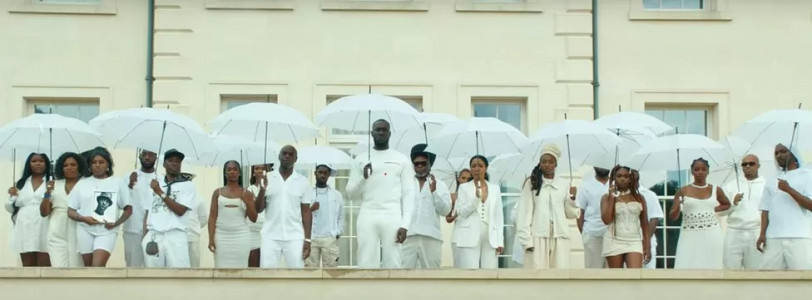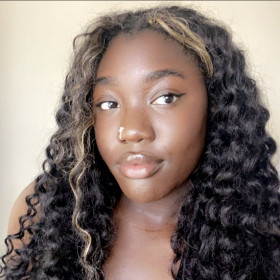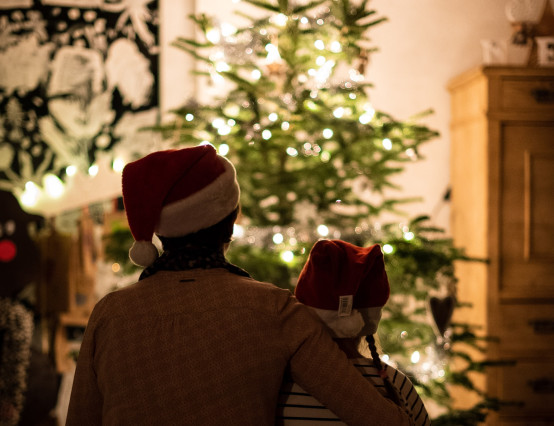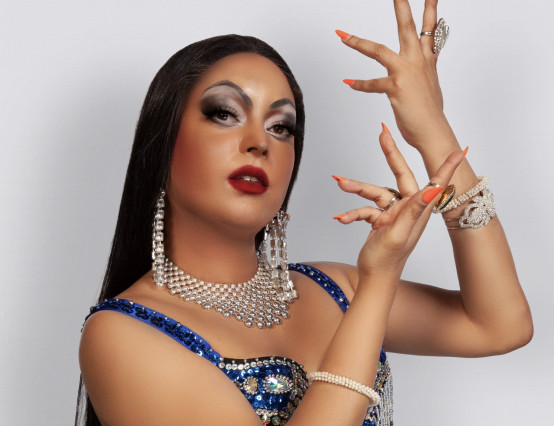October. The month holds holidays and events that many of us hold dearly. Coined as spooky season or the unofficial start to Pumpkin Spice flavoured drinks. There is an anticipation for these events, an excitement for the celebration and joy it brings. But let’s evaluate the month a little further. October. Also known as Black History Month in the UK.
If we are honest, Black History Month is not treated with the same anticipation as other events in the month. If we are honest, the stories of pain and struggle are rightfully told, but placed on the forefront, leaving stories of jubilation tottering behind. I want to break away from the typical narratives that frame the season, embracing how Black Brits have continued to produce music specifically full of enjoyment. It’s time to take a trip down memory lane, celebrating those who have helped and are helping shape Black British music.
Let’s cast our minds to mid-1970s Britain. The formation of the Sex Pistols, the economic crisis and the rise of Lovers Rock. A form of reggae music, Lovers Rock boasted themes of romance in both sounds and lyrics. The genre was solidified in the sound systems of South London, giving rise to prominent artists such as Carroll Thompson, Louisa Mark and Brown Sugar. Its distinctive dreamy feel is great for those long car rides in the rain as its heavy Jamaican influences make for a comforting listen. The rise was led by prominent Black women, and often, Black British women are ignored and understated when acknowledging their impact on British music.
On a larger scale, Caribbeans have historically been ignored, with the vital work the Windrush generation provided in rebuilding Britain after WWII being dismissed. Black people in the UK from the 1970s onwards were subjected to violent abuse by far-right groups such as the National Front. Black women faced the intersectional issues surrounding racism and sexism.
In the face of hate, the female faces of Lovers Rock provided subtle social commentary on the patriarchal discourses taking place in their communities at the time but veering close to themes of romance. Lovers Rock is one that encourages romance in all areas of our lives. A musical exemplification that Black lives are more than just strife.
Expressing our joy and celebration never stopped musically, and as we geared into the late 1990s, UK Garage took on the mantle. Known for its signature electronic dance style, artists such as Craig David took the main stage. Scenes on dancefloors saw iconic dances such as the two-finger jab as partygoers moved to the So Solid Crew and Mis-Teeq. DJs were highly influential too. Production, DJing and remixing groups such as Dreem Teem and Tuff Jam allowed the genre to take on a uniquely UK sound. With the backdrop of Britain’s first 24-hour Black music radio station ‘Choice FM’, we began to see the celebration of Black British passion in music. A pioneering genre, UK Garage birthed the way for dubstep, UK funky and last but definitely not least, grime.
Grime is arguably one of the most identifiable UK sounds in the modern day. Discerned by its trademark fast beats, it rose out of the need for expression. Surfacing out of London but spreading to all areas of the UK, we saw the need for storytelling surrounding the lives of different communities. Whilst not as overtly positive as other genres mentioned, it is hard not to reminisce over ‘Shutdown’ by Skepta, ‘P’s and Q’s’ by Kano or ‘Shut Up’ by Stormzy. Music has always been a way for communities to bond, and the UK Black British scene has always pushed that. The pure elation and exhilaration that comes when these tunes are played are unmatched. Once again, another way Black lives are more than the struggle is through music; we have been able to find pockets of hope.
In a similar vein, Afro Swing saw a rise in prominence. Drawing influences from patois and pidgin, Mimi the Music Blogger claims “it perfectly encapsulates the ultimate Black Brit experience”. Together with artists such as JHus, Yxng Bane and more, we saw an era of young Black Brits coming together.
Speaking to Kyann-Sian Williams, staff writer for NME, on all things Black British music. With Odeal as her number one Spotify artist, the self-proclaimed ‘rap girl’ discussed with me what made Black British music unique. Speaking on the UK landscape she mentioned, “There are so many different varieties of the diaspora in the UK”. Continuing her explanation: “This is because we get to make really unique sounds to what our homelands are making”.
This is the sentiment we should all be emphasising. Black Britain has so much diversity and distinction in our cultures and art. Our joyous, rich history deserves to be celebrated and with the recent release of Stormzy's ‘Mel Made Me Do It’ commemorating Black British excellence within the creative industries, it's time for this to be amplified past Black History Month.









0 Comments